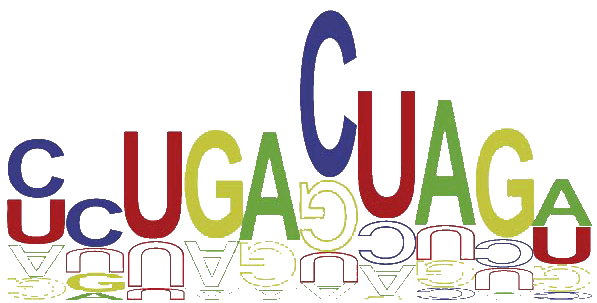Biochemistry and Molecular Medicine
Organelle Research
Rare diseases
Translational Readthrough
Molecular Cardiology
Welcome to the Thoms lab!
We are an interdiciplinary team, with a focus on Molecular Cell Biology and Biochemistry and a strong inclination towards Molecular Medicine working at the Medical School OWL of Bielefeld University.
Our research interest includes cellular organelles (peroxisomes and the T-tubule system) and translational readthrough (endogenous functional translational readthrough and the improvement of readthrough therapies of rare diseases.

LATEST RESEARCH
This page is not updated anymore. For latest news click here.

Together with mitochondria, virtually all cellular organelles of the secretory pathway are known to be involved in cellular calcium dynamics in cardiomyocytes. There is one exception: Peroxisomes.
Now Yelena shows that that calcium is entering peroxisomes upon chemical or electrical stimulation. She shows that the calcium concentration in peroxisomes differs from the calcium concentration in the cytosol. Read more in our first preprint.

We are studying a fascinating and unusual cellular process termed functional translational readthrough (FTR). In FTR, a stop codon is read-through (that is, translated as a sense codon) and the protein becomes extended. Two highly expressed genes are regulated by FTR: LDHB, encoding lactate dehydrogenase (heart subunit), and MDH1, encoding malate dehydrogenase. The readthrough-extensions of these proteins contain peroxisome targeting signals, so that the elongated proteins are imported into the peroxisome.

Peroxisomes are marvellous organlles and I dare to say that their biogenesis is least understood of all cellular subcompartments. Peroxiome biogenesis is goverend by PEX genes. Working in yeast, the Rehovot-Göttingen dream team employed state-of-the art high-throughput technology and discovered a new PEX gene. Welcome, PEX35!

But how is the genetic code re-interpreted in functional translational readthough? Hofhuis et al. have the anwers.

OK, there is another membrane compartment whose biogenesis is poorly understood: the T-tubule system. Yes, the T-tublule system is only in muscle cells, but there is has in important role in converting exitation into muscle contraction. The mega-protein dysferlin and the rare genetic muscle disorder dysferlinopathy provide a new perspective on the biogenesis of this under-studied compartment and open a window for new approaches in molecular medicine.
CONTACT INFORMATION
Biochemistry and Molecular Medicine
Bielefeld University
Medical School OWL
Morgenbreede 3
33615 Bielefeld
Phone +49 521 106 86502
sven.thoms [at] uni-bielefeld.de
